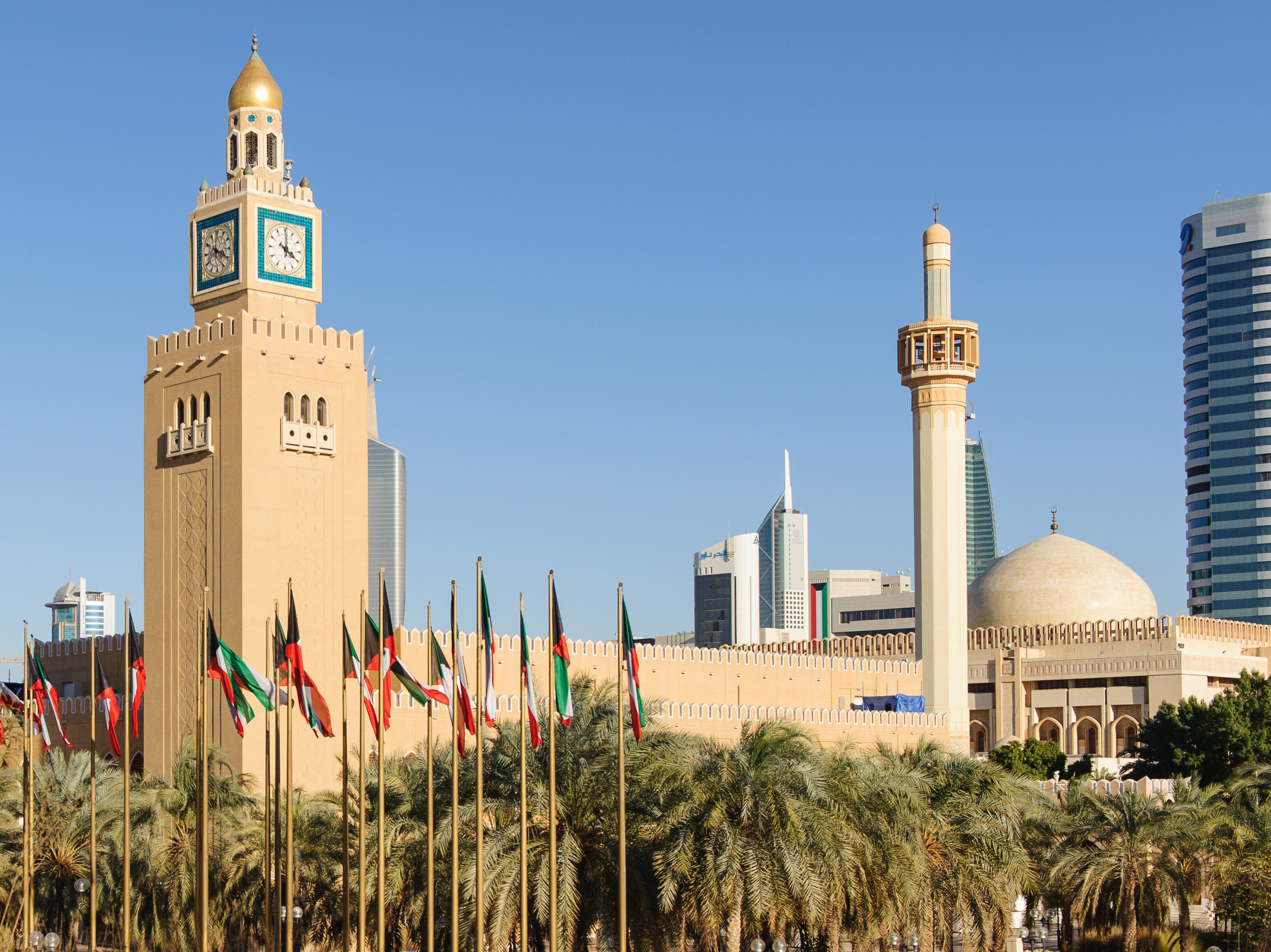This research conducted in Kuwait explored the impact and extent of Kuwait’s religious freedom in encouraging the accumulation of social capital for the migration workers community. It was published as a book chapter in the Advances of Sociology Research, Vol. 26, by Nova Science Publishers, New York.
Kuwait’s relatively high degree of religious freedom compared to the other Gulf Cooperation Council countries has contributed to the exponential increase in the number of non-citizen Christian population over the years.
The study focuses on the Filipino migration workers’ worship community to analyze the relationship between ethnic church and the formation of social capital in the context of Kuwait’s religious freedom.
In making social capital effective as a tangible public good, an institutionalization is required to produce and reproduce durable relations that lead to tangible economic results. The migration churches in Kuwait provide the necessary institutionalization to make the accumulation of social capital possible.
However, they lack the principal agents who can transform social to political capital due to the fact that churches, as an institution, a-politicize their social capital and proselytization is outlawed in the Muslim communities.
Migration churches nevertheless operate in a way that nurture multiple memberships and networks with other civil entities that coexist in the communities. Also, the migration worker church members develop a particular group experience and situational circumstances that strengthen the horizontal networks geared toward multiple memberships.
The result is that political capital for the migration churches in the Middle East are accumulated through the other civil entity platforms that coexist in the city. In 2012 for example, the Filipino migration worker community garnered the 2ndhighest number of overseas voter counts in Kuwait City (1st was Los Angeles). The majority of the workers were migration church members, and they assigned Christian values as the foremost value of their migration status.


